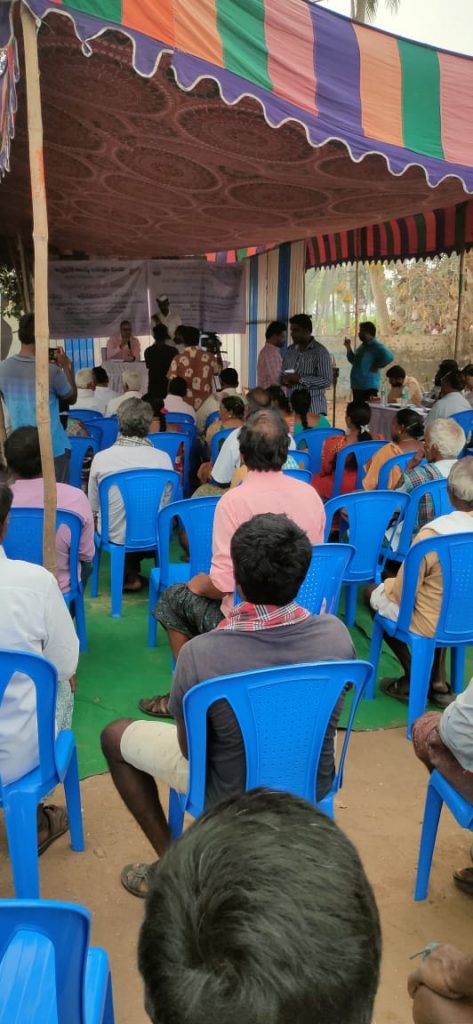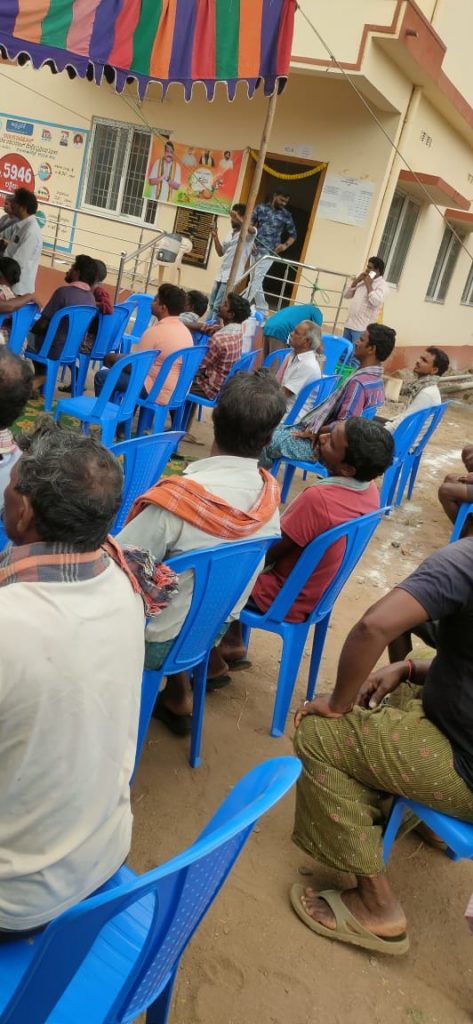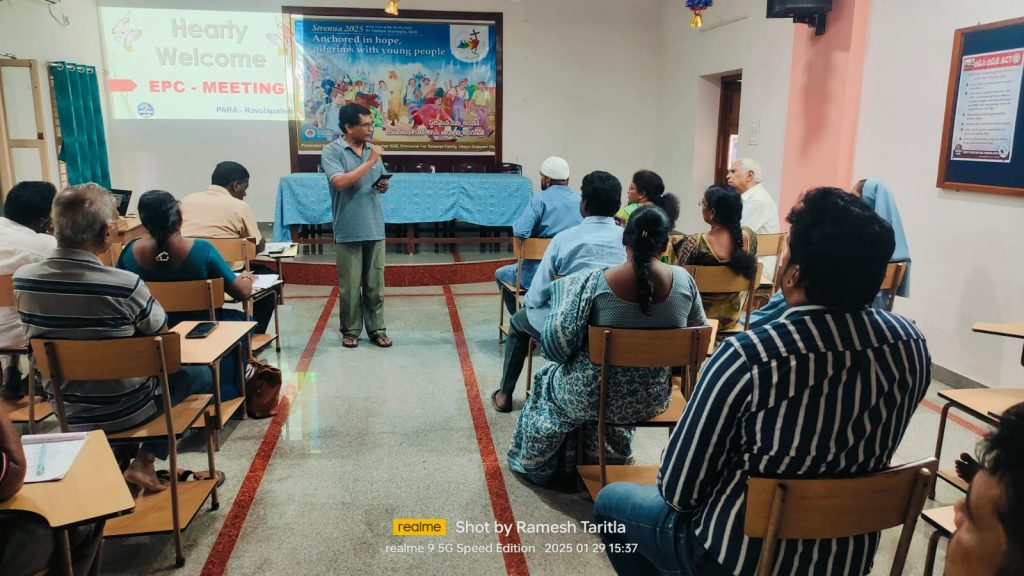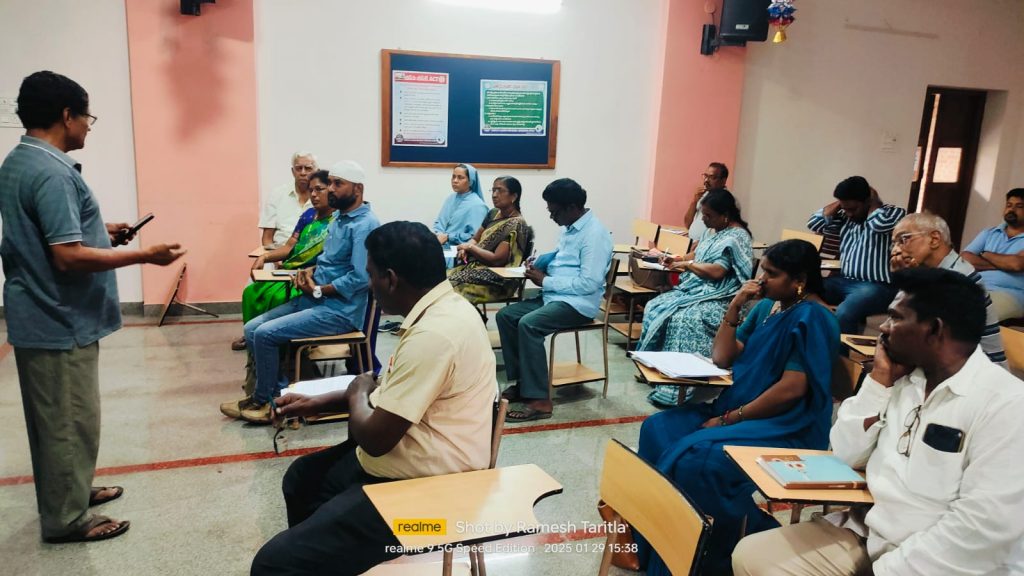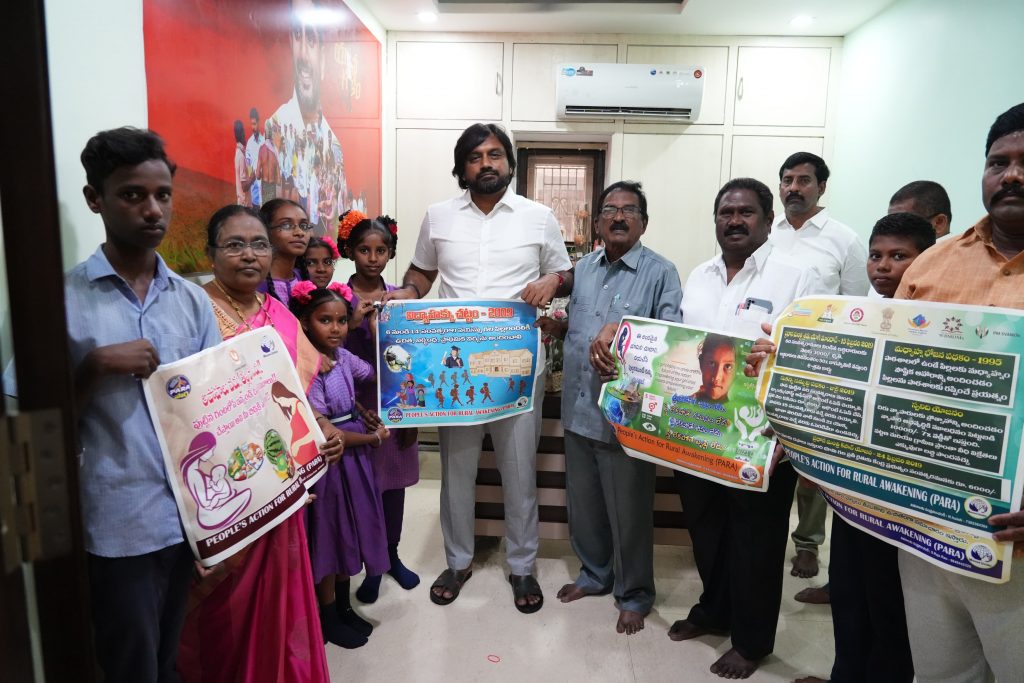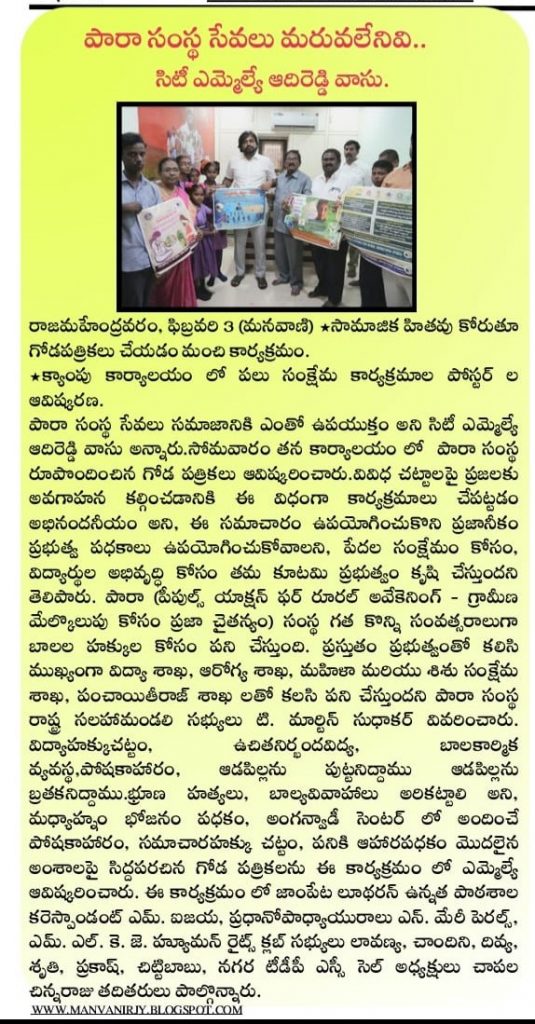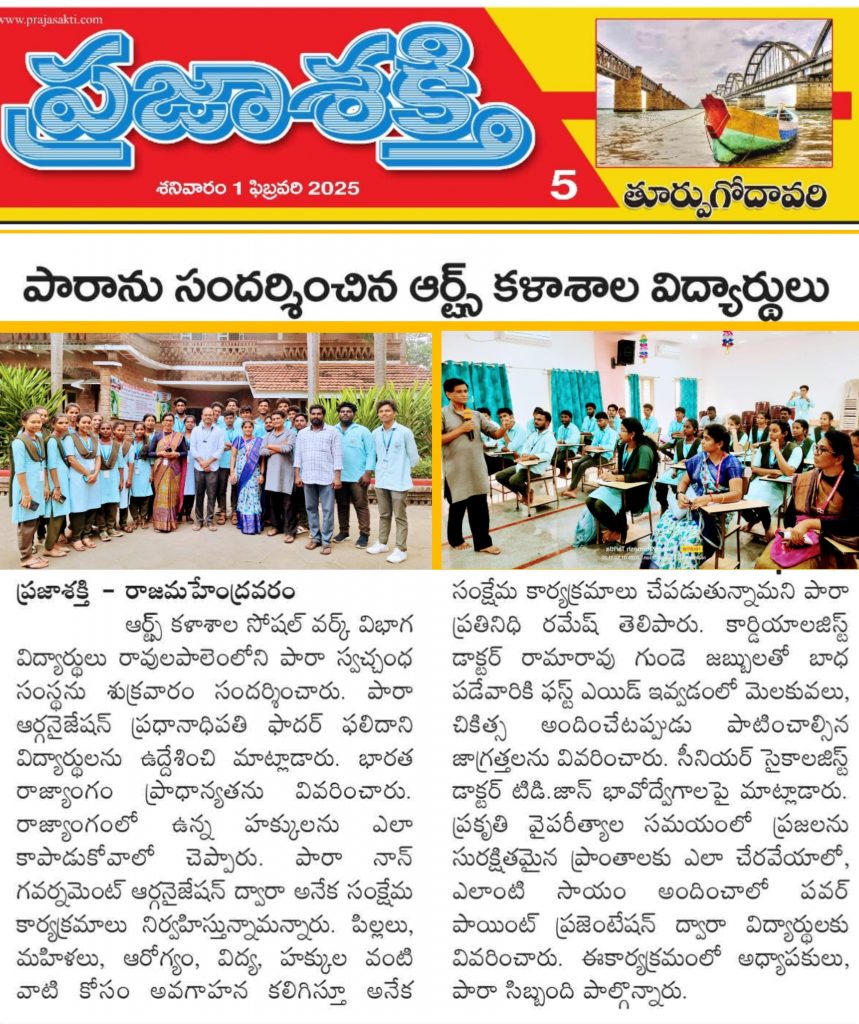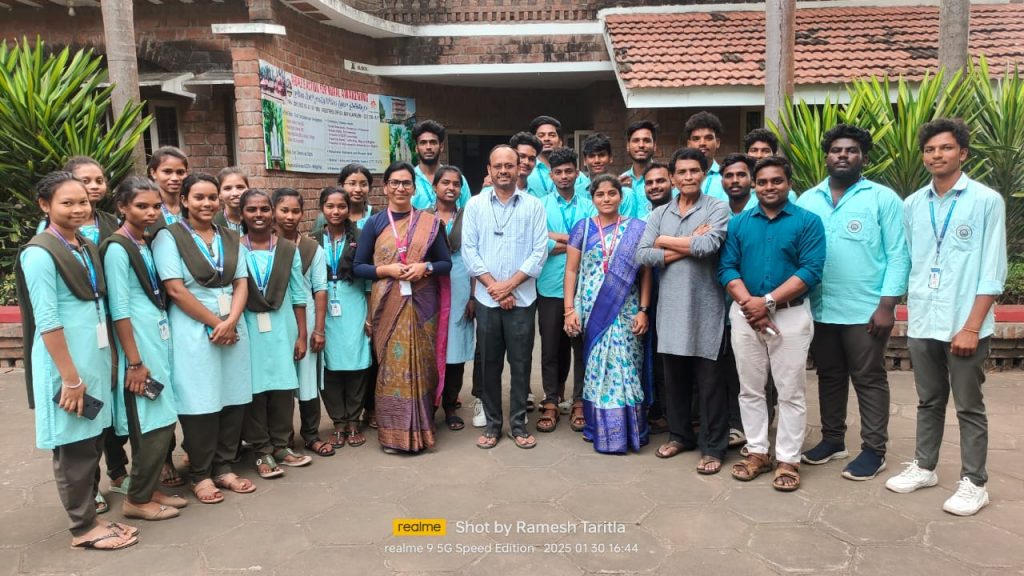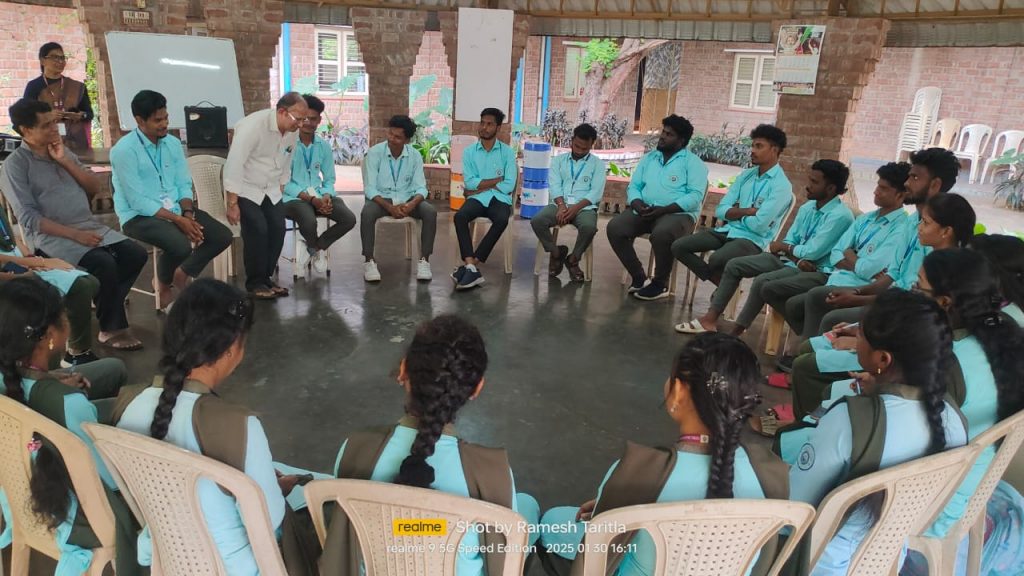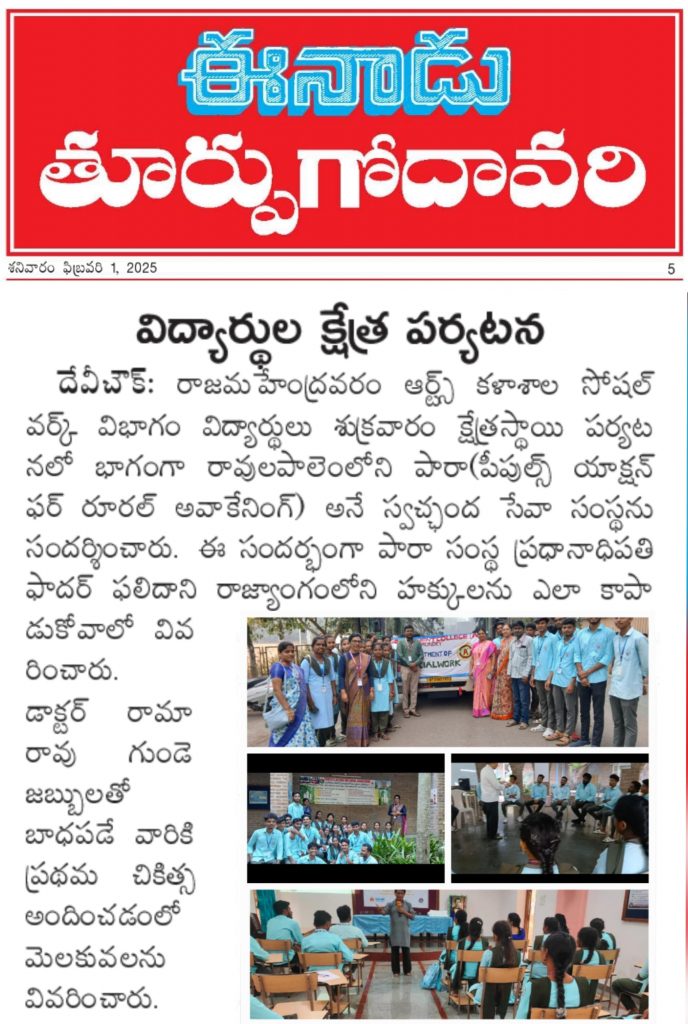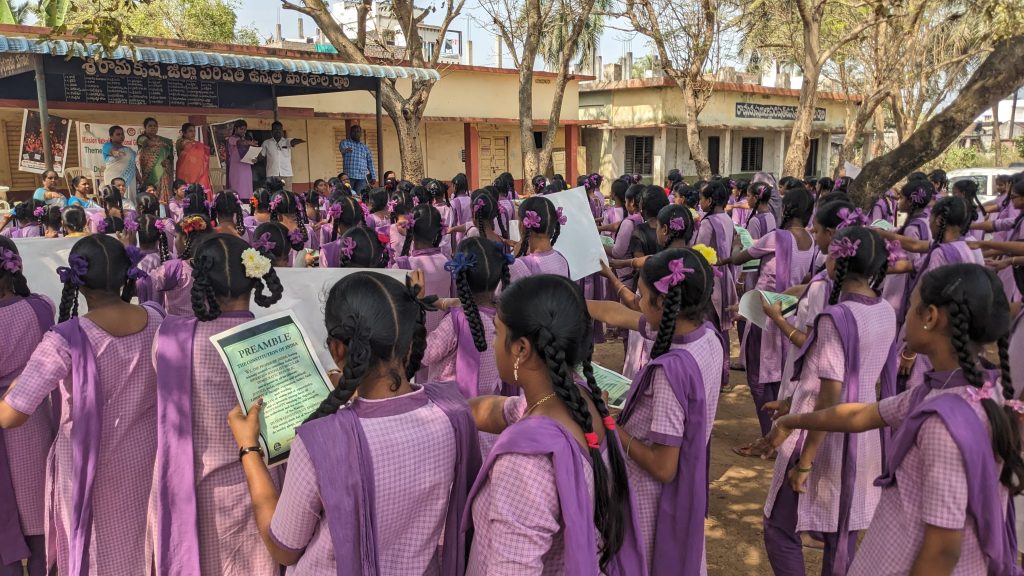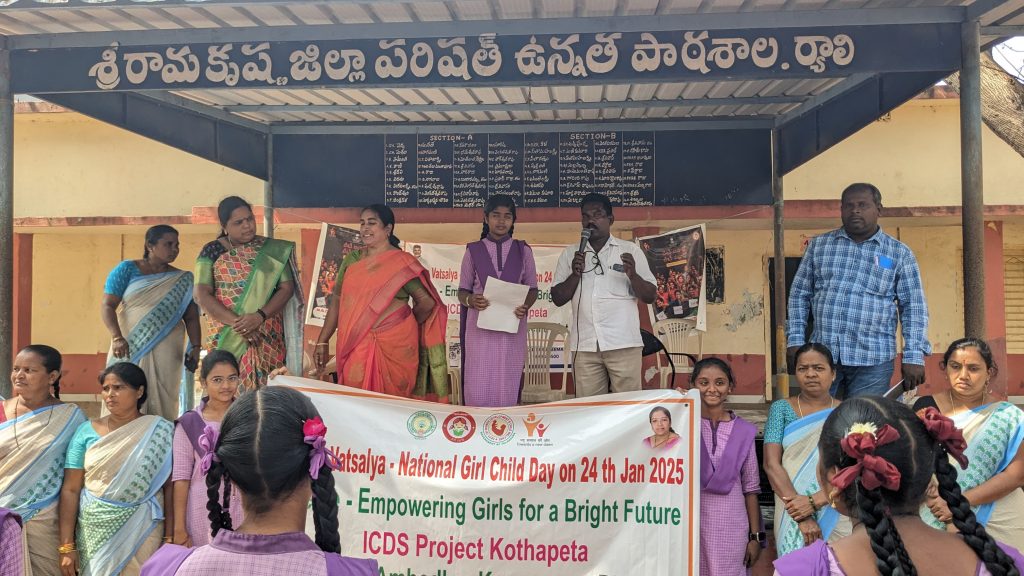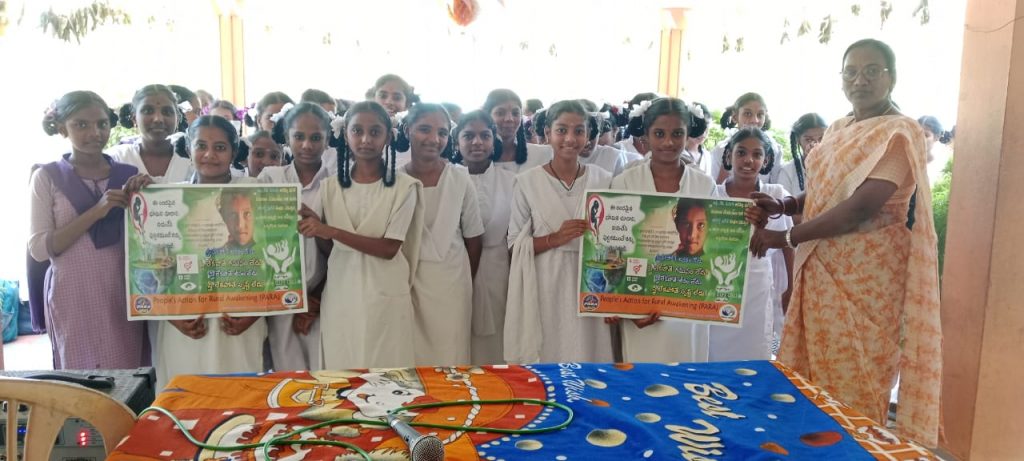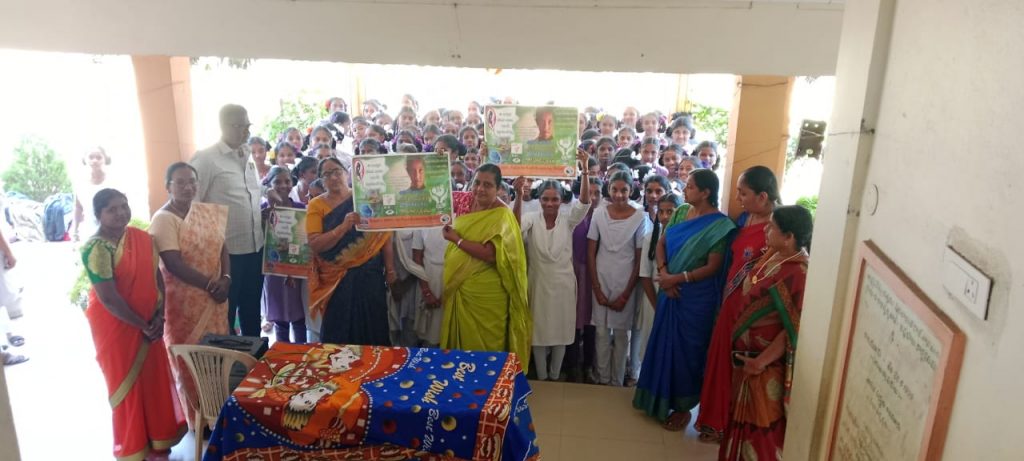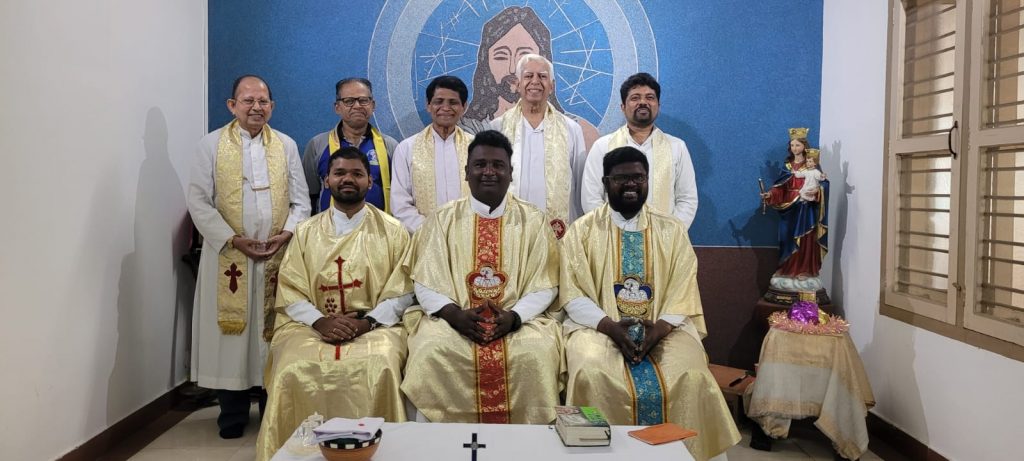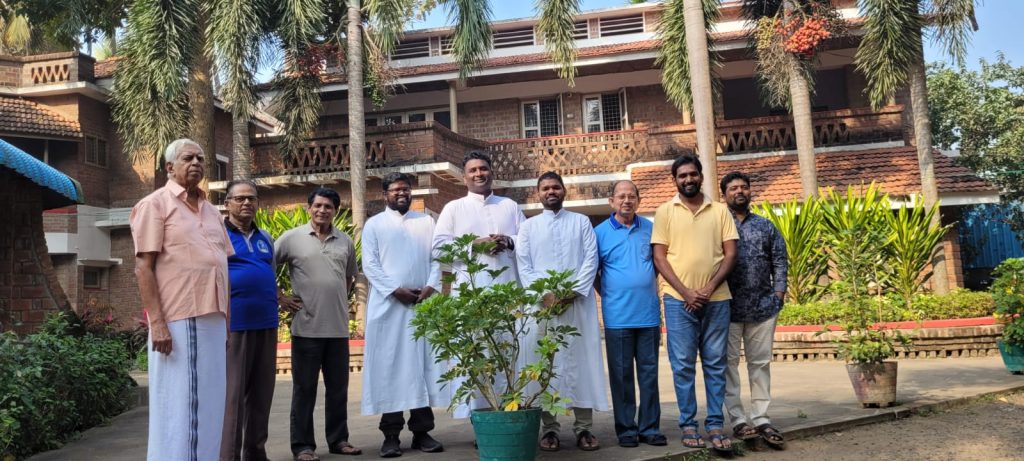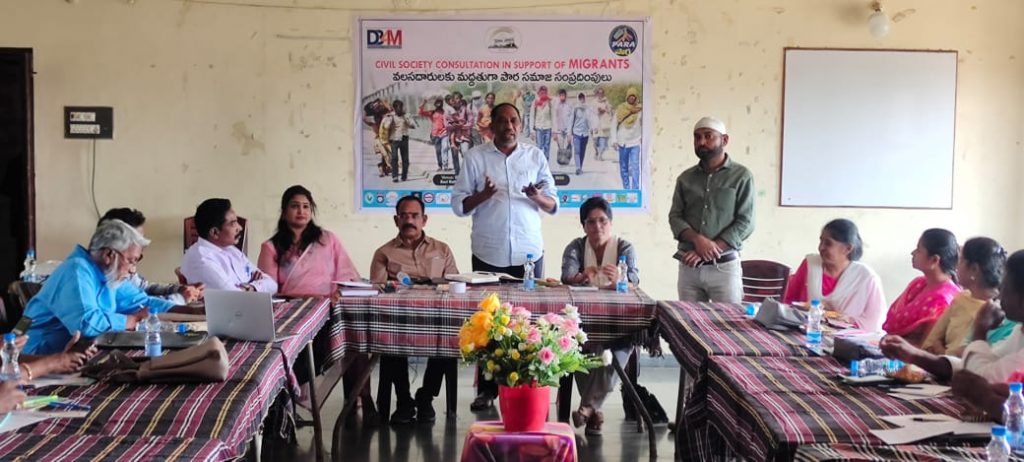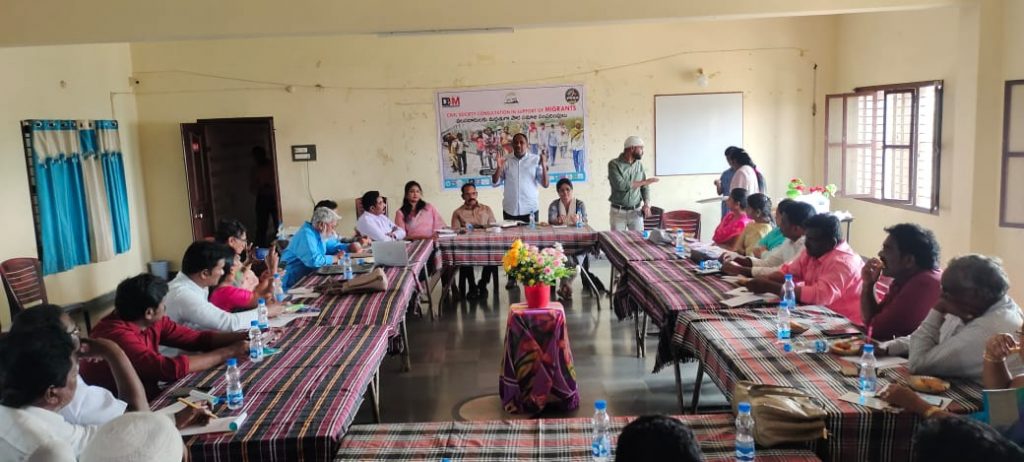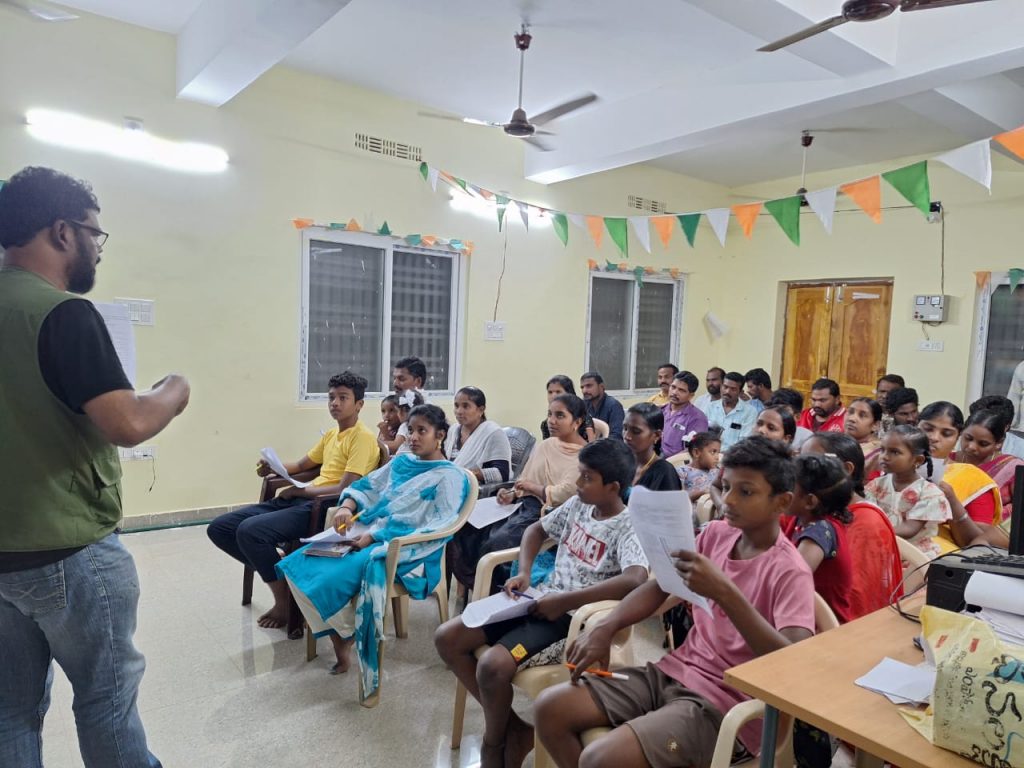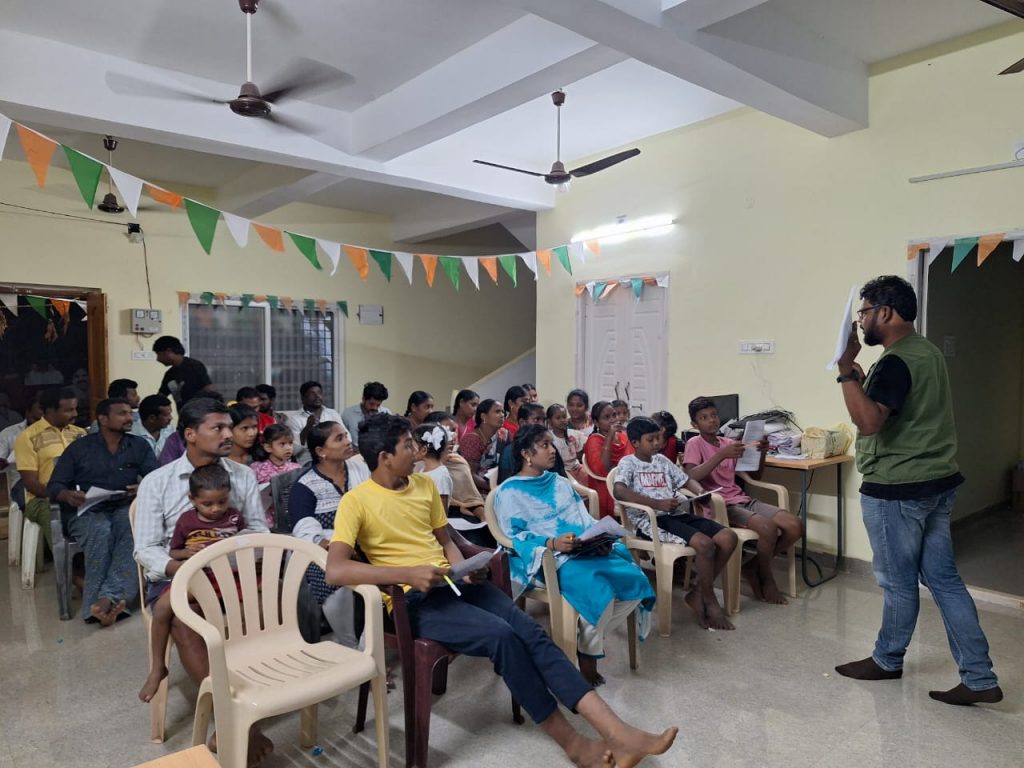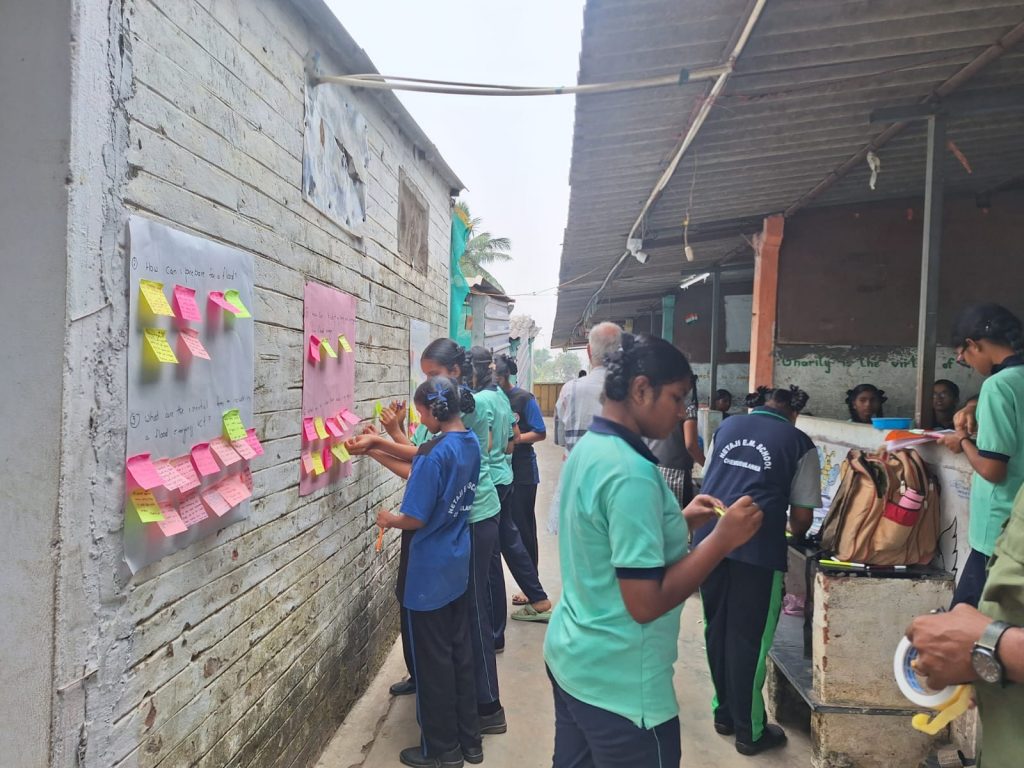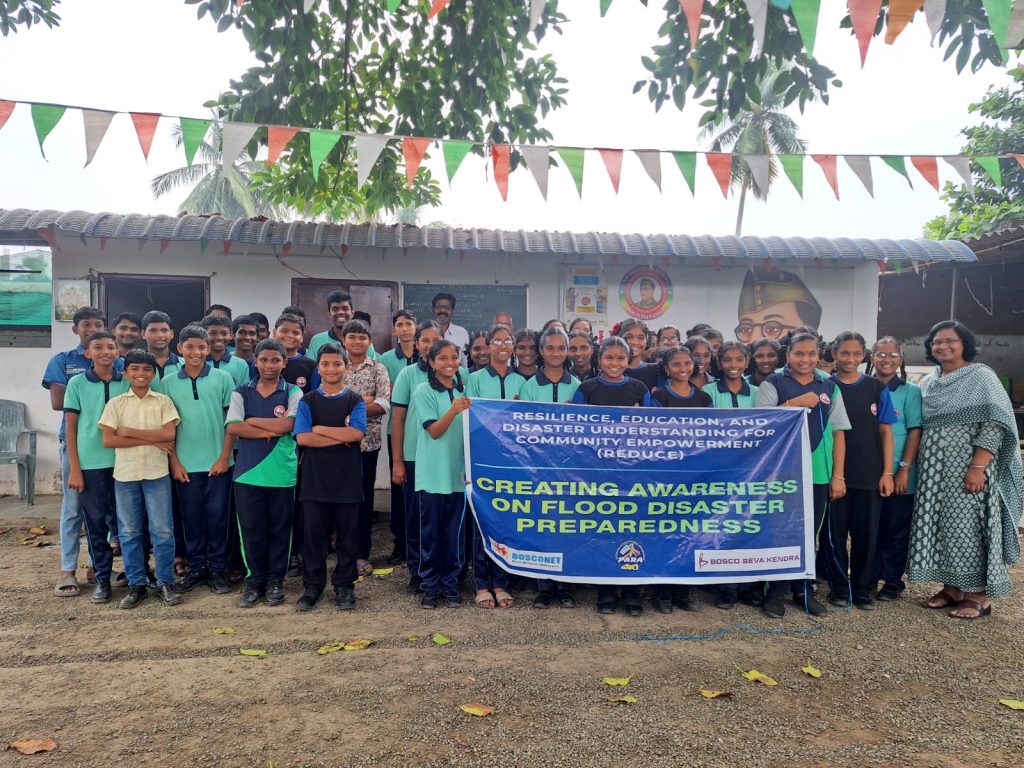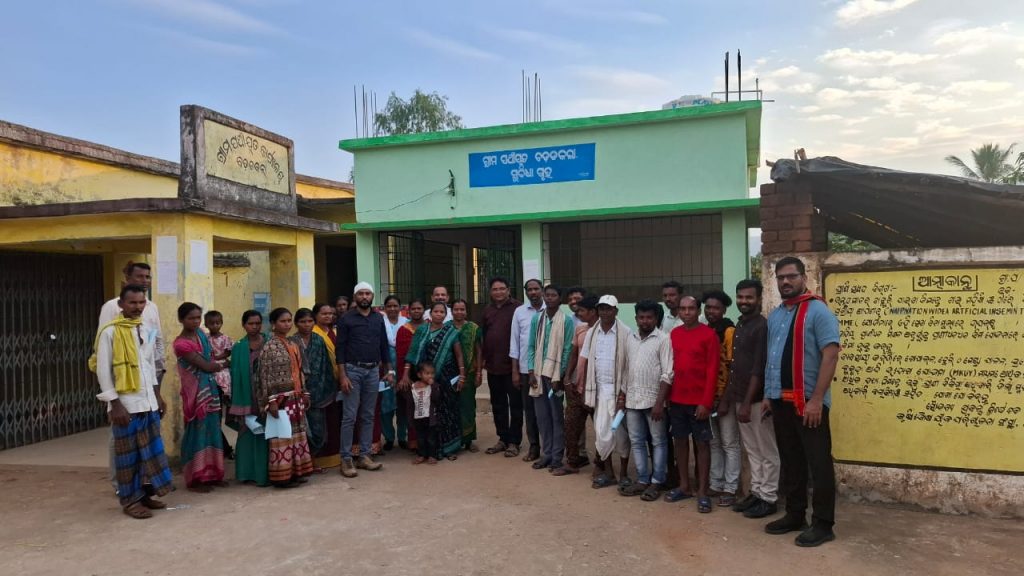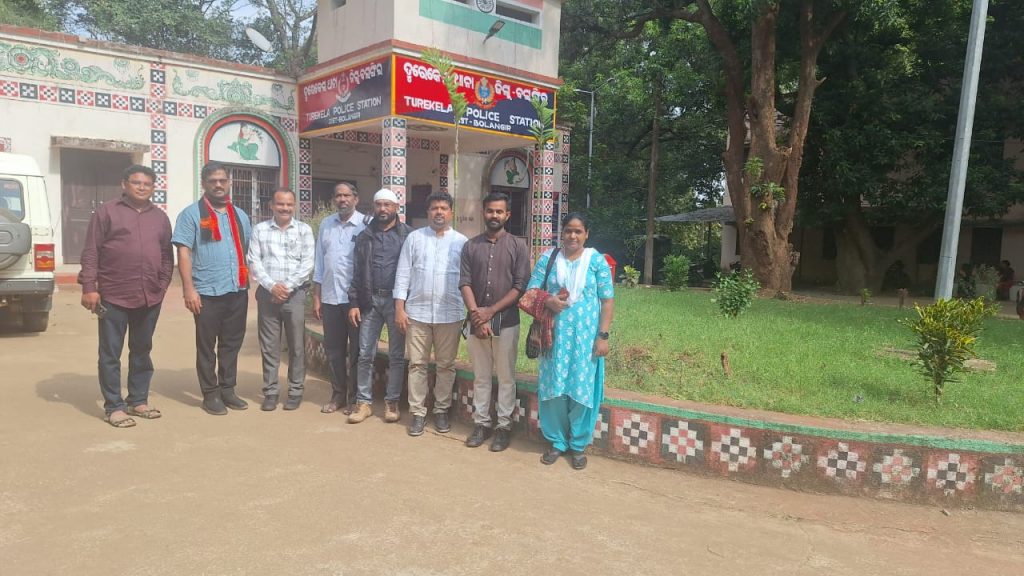In response to the public hearing notification issued by the Andhra Pradesh Pollution Control Board, a significant event was held on 30th January 2025 at the Panchayat Office of Vaddiparru village, located in Atreyapuram Mandal, Dr. BR Ambedkar Konaseema District. The hearing was convened to address concerns regarding the ongoing sand mining activities in the Godavari (Gowthami) River, a crucial environmental issue affecting local communities.
Representatives from the non-governmental organization PARA, including Prabhakar, John P, and Mr. Lokesh from Visakhapatnam, attended the public hearing. The PARA team was actively involved in presenting solutions and raising awareness about the environmental impacts of sand mining. As part of their participation, they presented a newly published book on Disaster Management to Mr. Vamsidhar Reddy, the District Mines & Geology Officer, and Mr. P Srikhar, the RDO (Revenue Divisional Officer) of Kothapeta Division. The book was presented on behalf of Mr. Andres Roy and Thomas Pallithananam of PARA, demonstrating their commitment to addressing environmental and disaster-related challenges.
During the public hearing, several villagers from the affected areas voiced their concerns about the negative impacts of sand mining on their daily lives. One major issue raised was the deteriorating condition of the lone road that connects Vaddiparru to Ravulapalem and Bobbarlanka, which has been worsened by the heavy movement of sand-carrying tipper lorries. Villagers also expressed their distress over the noise and dust pollution generated by these trucks, which pose significant health risks and contribute to the deterioration of their environment.
In response to these concerns, the attending officials assured the villagers that their grievances would be forwarded to higher authorities for investigation and resolution. Despite these reassurances, the villagers, led by Mr. Veeravalli Sampath Rao, expressed frustration over what they perceive as the neglect of their village’s development by government authorities. They highlighted the lack of attention to basic infrastructure improvements, further complicating their struggle to adapt to the environmental impacts of sand mining.
The public hearing underscored the critical need for sustainable sand mining practices and better infrastructure planning in the region. It also highlighted the importance of a collaborative approach between local communities, environmental organizations, and government officials to address these pressing concerns.
As the conversation continues, it is essential that the authorities take immediate action to address the villagers’ grievances and ensure that environmental protection and community welfare are prioritized in future mining activities along the Godavari River.
